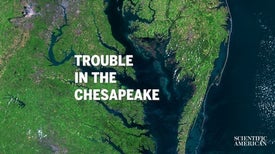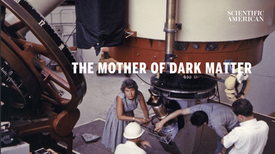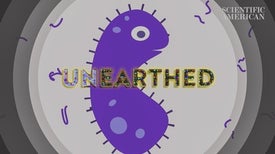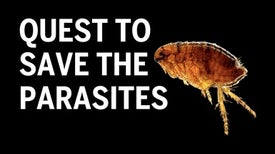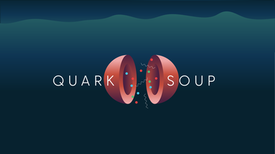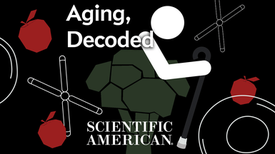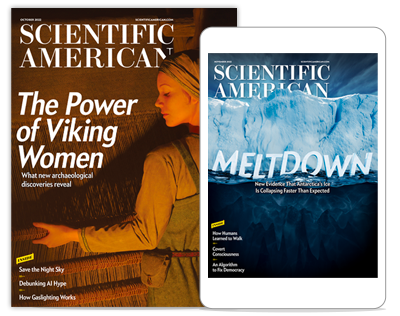Over the past few months, the phrase “social distancing” has entered our lexicon. Many of us have found ourselves separated from family and friends—or at least from our normal social lives. As humans grapple with pandemic-induced isolation, science is starting to offer insight into what may be happening in our brains when our social contact with others is dramatically reduced.
That insight happens to come from a place with more penguins than people.
Tim Heitland of the Alfred Wegener Institute Helmholtz Center for Polar and Marine Research in Germany spent 14 months in Antarctica between 2016 and 2018. When he returned, daily life felt overwhelming—everything from the colors and vegetation to all the other people. Part of the shock may have come from returning with a different brain than the one he left with.
While the members of Heitland’s crew conducted research on the earth’s iciest continent, they themselves were also being studied by researchers interested in how extreme work environments trigger neurological changes. The investigation showed that most of the people in Heitland’s team lost volume in parts of their hippocampus, a brain region involved in spatial navigation, learning and emotional processing. The phenomenon is similar to what scientists believe happens to prisoners in solitary confinement, where social isolation and sensory deprivation can lead to post-traumatic stress disorder.
This research appears particularly relevant now, when vast numbers of people are spending more and more time alone. Some scientists hope the work will lead to interventions that counteract the damage of isolation before it causes long-term problems.
